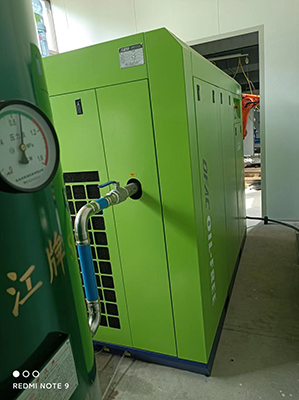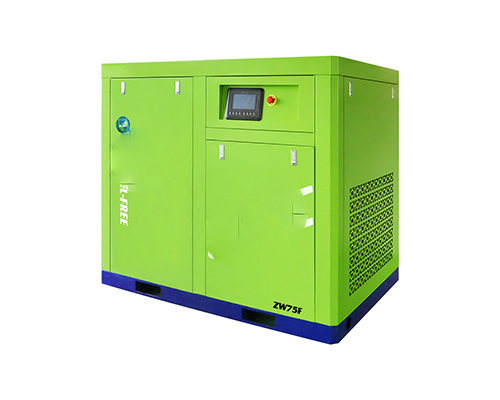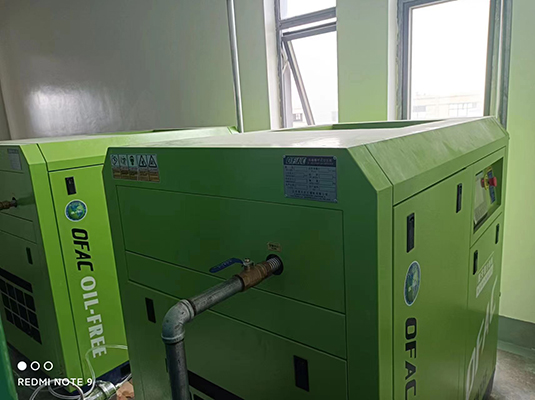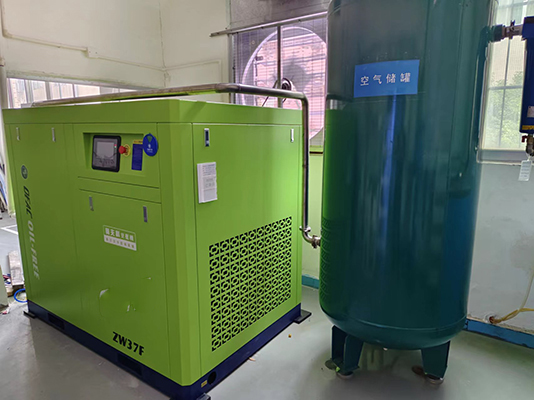normal pressure air compressor material quality impact on corrosion resistance and longevity
News 2025-10-24
The material quality in normal pressure air compressors directly influences their ability to resist corrosion and achieve extended operational life. These devices are essential in industries where compressed air drives machinery, automates processes, and supports daily operations. Substandard materials can accelerate degradation through rust and wear, leading to inefficiencies, higher maintenance needs, and potential safety risks. In contrast, premium materials like high-grade alloys and advanced coatings provide robust protection against environmental stressors such as moisture, chemicals, and temperature extremes, ensuring dependable performance and cost savings over time.

Application Scenarios
In manufacturing facilities, air compressors often operate in challenging conditions with exposure to oils, dust, and humidity, where superior material quality prevents corrosion and maintains functionality. For example, in pharmaceutical production, compressors must handle sterile environments, relying on corrosion-resistant materials to avoid contamination and uphold strict hygiene standards. Similarly, in construction sites, where equipment faces outdoor elements, durable materials enhance reliability, reducing downtime and supporting continuous workflow in demanding settings.
Performance Advantages
High-quality materials deliver clear benefits by enhancing corrosion resistance and extending compressor lifespan. For instance, using stainless steel or specialized polymers minimizes surface degradation, preserving efficiency and reducing energy consumption over years of use. This durability allows compressors to perform consistently under varying loads and conditions, improving overall system reliability and enabling seamless integration into complex industrial setups without frequent interventions.
Importance in Industrial Processes
Material quality plays a vital role in industrial efficiency, as corrosion-resistant compressors contribute to uninterrupted production and lower long-term costs. In sectors like oil refining or food processing, where equipment failure can disrupt operations or compromise safety, selecting appropriate materials ensures stability and compliance with industry regulations. This focus on durability not only boosts productivity but also supports sustainable practices by reducing waste from premature replacements and fostering more resilient industrial infrastructures.


